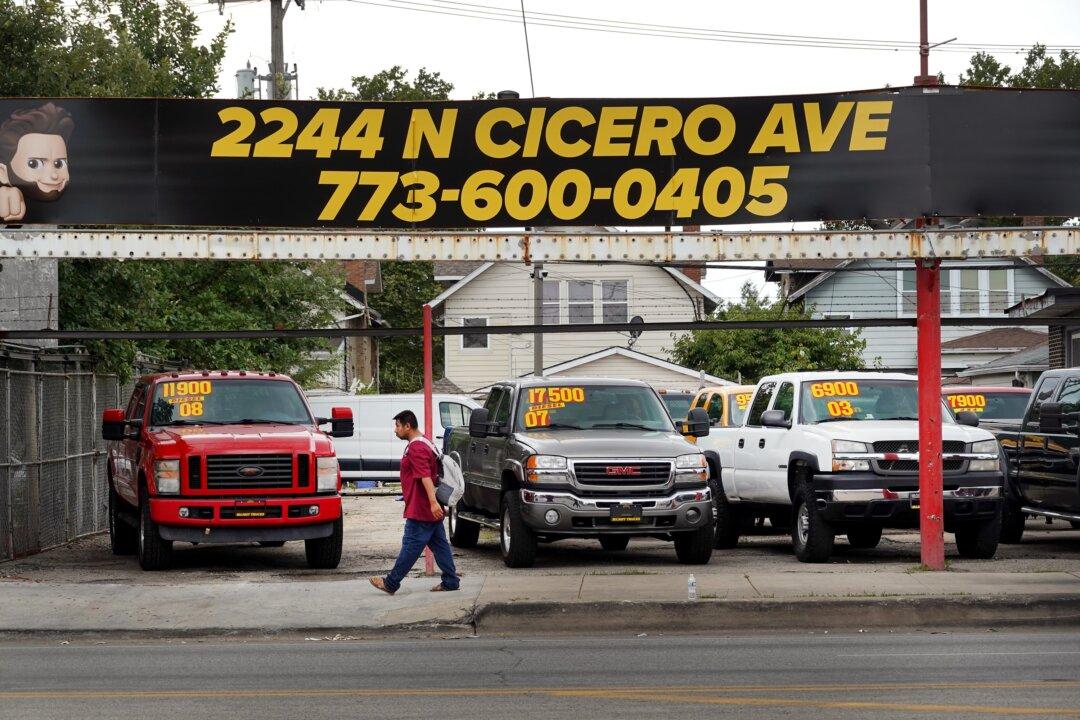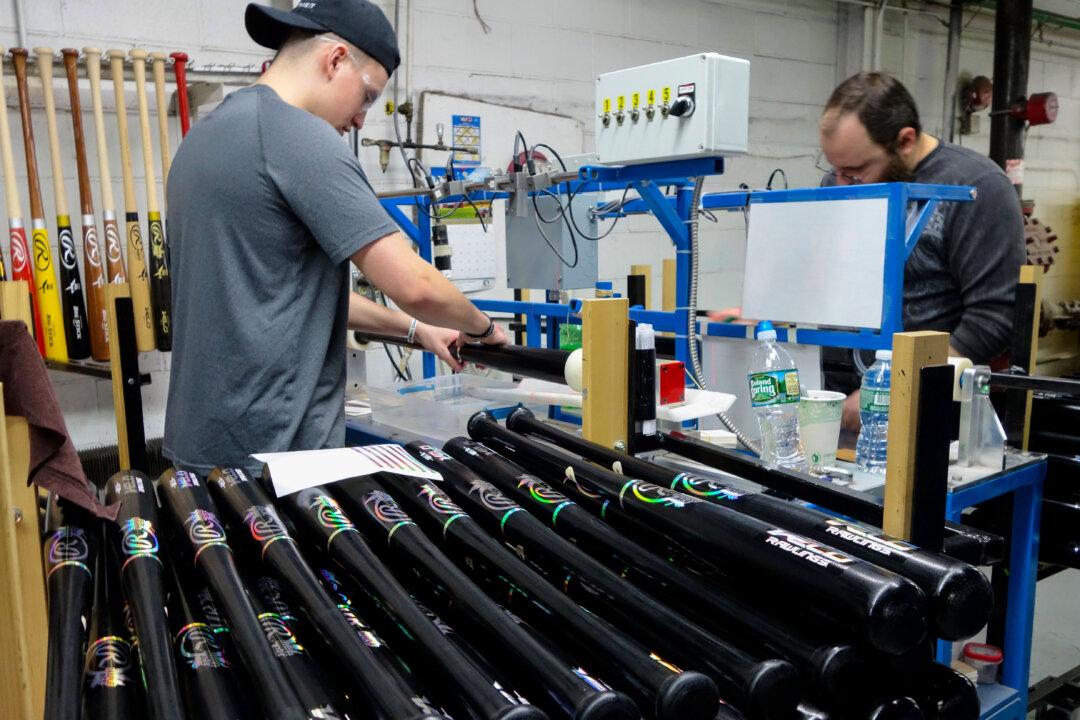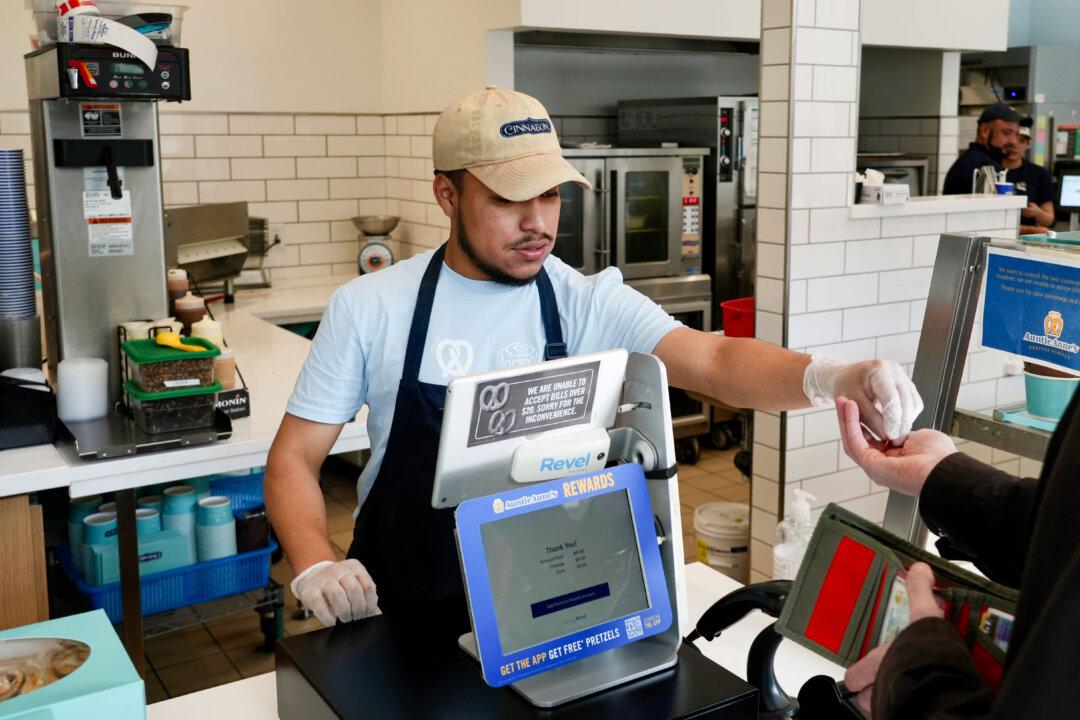According to the AFL-CIO union, there have been more than 200 strikes in the United States this year, involving more than 320,000 workers. And while some strikes, like the one being waged by SAG-AFTRA in Hollywood, are not substantially threatening the national economy, a new poll out of Michigan makes it clear any strike by the United Auto Workers (UAW) is going to hurt a lot of us. The UAW is currently a little more than one week away from the expiration of its automaker’s contract and is threatening a walkout.
According to Patrick Anderson, the principal and CEO of the Anderson Economic Group (AEG) in Lansing, Michigan, one of the significant differences between the UAW labor threats and the SAG-AFTRA strike comes down to inventory.





